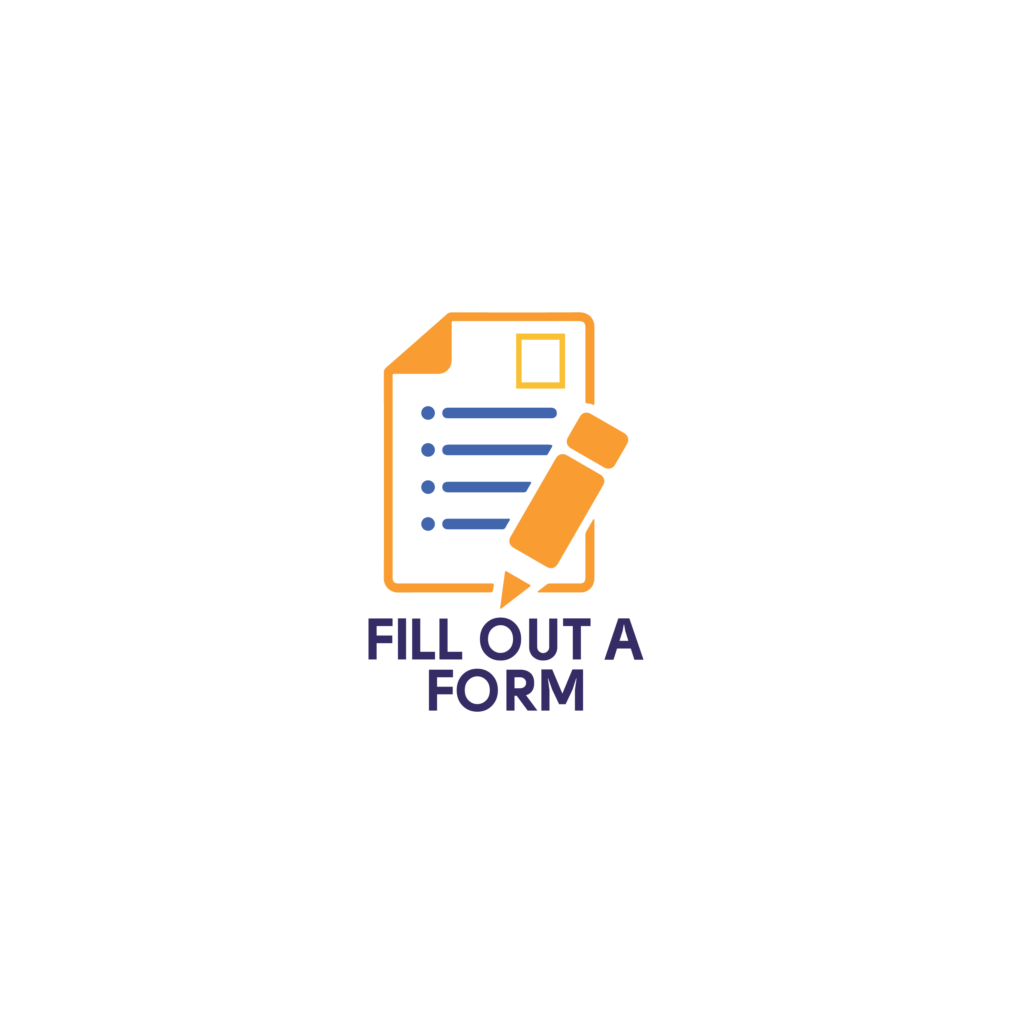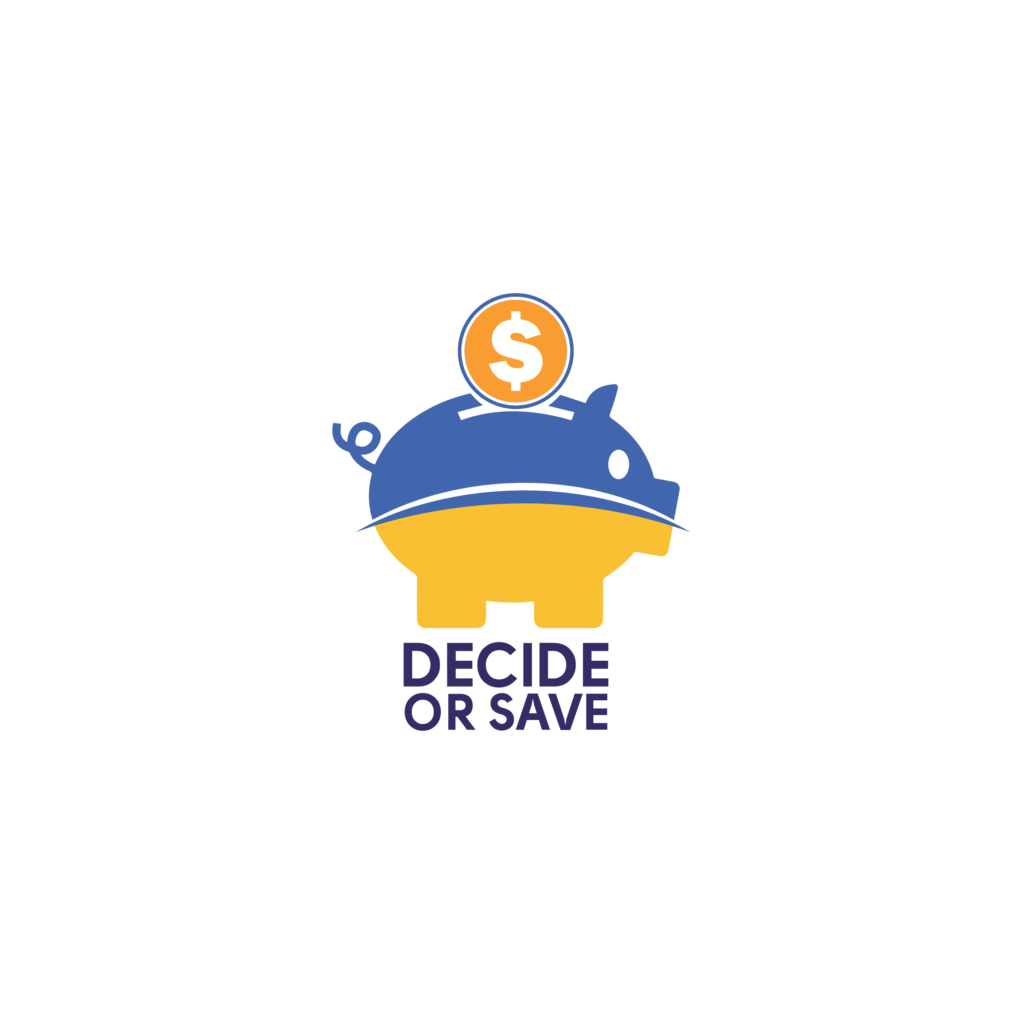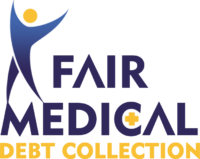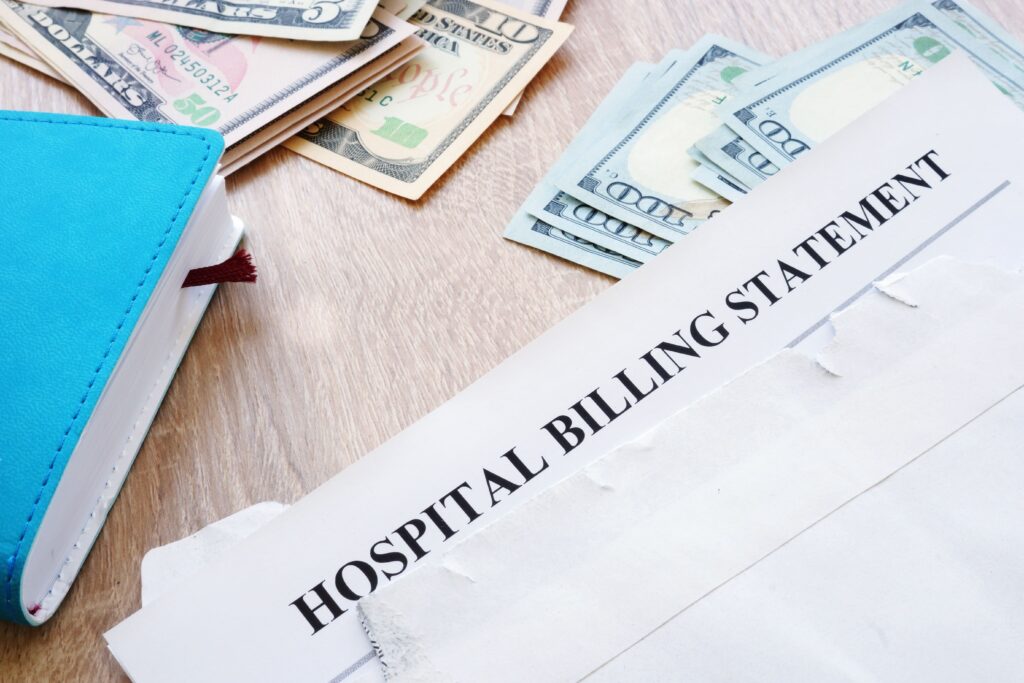
Recover More Medical Debt | Fair Medical Debt Collection
Helping Medical Offices Collect Outstanding Payments
America’s Trusted Resource For Recovering Unpaid Medical Debt

Simply answer a few questions to help us understand your businesses needs.

Get connected with trusted medical collection agencies you can trust.

Review each solution along with terms, and make an educated decision.
Trusted Agency Brands

Packed with resources to help you find answers to questions before hiring a medical collection agency.
Dental Collection Agencies: FAQs
How Much Does Medical Collection Cost?
Who are the Best Medical Debt Collectors?
Our blog is packed with thousands of hours of research to help you find a trusted medical debt collection agency.
How Much Do Medical Collection Agencies Pay For Debt?
How Long Can Collectors Report Debt?
How AI is Improving Medical Debt Collection
The rising costs of healthcare has unfortunately left many individuals with significant medical debt. We help you collect that debt for your medical office.
A Comprehensive Guide to Hiring Medical Debt Collection Agencies
Let Fair Medical Debt Collection help you resolved your outstanding debt once and for all.
The rising costs of healthcare have unfortunately left many individuals with significant medical debt. Often, healthcare providers, lacking the resources or expertise to collect these debts, turn to medical debt collection agencies for help. These agencies play a critical role in healthcare finance, recovering delinquent funds while ensuring the dignity and rights of patients are respected. This comprehensive guide will discuss the different types of medical debt, how collection agencies bill for their services, the standard processes for collecting medical debt, and other vital considerations when choosing a medical debt collection agency.
Understanding Medical Debt
Medical debt is a financial obligation resulting from the provision of health services, and it varies based on several factors, including the complexity and type of service rendered. Medical debt can be broken down into the following types:
- Uninsured Patient Debts: These debts accrue when a patient without insurance coverage receives medical services. They’re often higher due to the lack of a third-party payer who would typically negotiate rates.
- Insured Patient Debts: These debts are related to deductibles, co-pays, or services not covered by a patient’s insurance. These costs can be surprising to patients who assumed their insurance would cover the majority of their care.
- Out-of-Network Debts: When patients receive care from providers outside their insurance network, they often face significantly higher costs, leading to substantial medical debt.

Billing Services of Collection Agencies
Medical debt collection agencies employ various billing structures for their services, which typically include:
- Contingency Fees: This is the most common model. Here, the collection agency charges a percentage of the amount collected. This fee can range from 20% to 50%, depending on factors such as the age and size of the debt.
- Flat Fees: Some agencies charge a fixed amount per account, regardless of the size of the debt or whether it’s successfully collected.
- Hybrid Model: In some cases, agencies may use a blend of both the above models, offering a lower contingency fee coupled with a flat fee per account.
Standard Processes for Collecting Medical Debt
The process of medical debt collection can be complex and intricate, involving many steps designed to protect both the debtor’s rights and the creditor’s interests. Here’s a typical process followed by medical debt collection agencies:
- Initial Contact: The collection agency reaches out to the debtor, typically by mail or phone. The initial communication will include information about the debt, the original creditor, and a statement of the debtor’s rights under the Fair Debt Collection Practices Act (FDCPA).
- Verification of Debt: If the debtor disputes the debt, the collection agency must verify the debt’s validity before further collection activities can take place.
- Payment Arrangement: If the debt is valid, the agency will work with the debtor to arrange a payment plan. This can involve lump-sum payments, installment plans, or even a reduced settlement in some cases.
- Ongoing Collection Activities: If the debtor fails to adhere to the payment plan, the collection agency may engage in ongoing collection activities. This can involve additional phone calls, letters, and potentially, legal action.
- Reporting to Credit Bureaus: Unpaid medical debt may be reported to credit bureaus, which can impact the debtor’s credit score.
- Legal Action: In cases where the debtor is unresponsive or unable to pay, the collection agency may opt to pursue legal action. This is typically a last resort due to the costs and time involved.
Additional Considerations
When choosing a medical debt collection agency, providers must consider a variety of factors. Here are some additional areas to consider:
- Experience and Reputation: Medical debt collection requires a deep understanding of healthcare, insurance, and laws like the FDCPA and the Health Insurance Portability and Accountability Act (HIPAA). A reputable agency with a strong track record can offer more effective collections and reduce the risk of legal issues.
- Ethical Practices: Collection agencies should have strong ethical standards and prioritize the fair treatment of debtors. This includes respecting debtor rights, avoiding harassment, and working compassionately with individuals experiencing financial hardship.
- Services Offered: Some collection agencies offer additional services such as billing, coding, insurance follow-up, and patient registration. These services can help streamline the revenue cycle and improve cash flow.
- Data Security: Agencies should have robust data security measures to protect sensitive patient information. This includes encryption, secure data storage and transmission, and ongoing security training for employees.
- Performance Metrics: Collection agencies should be able to provide clear performance metrics, such as recovery rates, collection timelines, and debtor dispute rates. These metrics can give you a sense of the agency’s effectiveness and how they compare to industry benchmarks.
- Pricing Structure: As discussed earlier, the pricing structure can significantly impact the cost of services. It’s essential to understand all fees and charges before signing a contract.
- Customer Service: The collection agency will be a representative of your practice, so it’s essential they provide excellent customer service. This not only impacts the success of collections but can also affect your reputation with patients.
Purchase Exclusive Medical Debt For Your Collection Agency
Choosing the right medical debt collection agency is a crucial decision for healthcare providers. It requires a deep understanding of medical debt types, collection processes, billing structures, and additional factors like experience, ethics, and customer service. By choosing wisely, providers can recover more of their revenue, reduce their financial stress, and continue to provide quality care to their patients.

Compliance and Regulation in Medical Debt Collection
As we delve deeper into the intricacies of medical debt collection, it is important to understand the laws and regulations that govern this sector. Medical debt collection agencies operate under stringent regulatory frameworks, and their practices are closely monitored to protect the rights of consumers and ensure ethical conduct. Here are some of the most significant compliance requirements:
- Fair Debt Collection Practices Act (FDCPA): The FDCPA provides the basis for ethical debt collection practices in the U.S. It restricts the methods and times at which a collector may contact a debtor, prohibits misleading or harassing behavior, and requires disclosure of information about the debt and the collector.
- Health Insurance Portability and Accountability Act (HIPAA): Medical debt collection also requires compliance with HIPAA, which protects patient health information. Collection agencies must ensure secure handling of all medical information and restrict its use to necessary parties.
- Fair Credit Reporting Act (FCRA): The FCRA regulates the reporting of consumer credit information, including medical debt. It ensures accurate and fair reporting of debt information to credit bureaus.
- Consumer Financial Protection Bureau (CFPB) Rules: The CFPB also issues regulations pertaining to debt collection. For example, they limit the number of attempts a collector can make to contact a consumer, and provide specific rules for digital communications.
It’s crucial for collection agencies to maintain rigorous compliance programs, regularly train their staff on these regulations, and conduct internal audits to ensure continuous compliance.
Technology in Medical Debt Collection
Technology has revolutionized many industries, and medical debt collection is no exception. Advances in technology can aid collection agencies in improving their efficiency, accuracy, and compliance.
- Data Analytics: Modern collection agencies often use data analytics to refine their collection strategies. By analyzing patterns and trends in historical data, they can predict which strategies are most likely to result in successful collections.
- Automated Contact and Payment Systems: Automation can greatly increase efficiency in collections. Automated dialers, messaging systems, and online payment portals streamline the collection process and reduce the need for manual effort.
- AI and Machine Learning: Some agencies have started using AI and machine learning to improve their collections. These tools can assist in tasks like identifying the best time to contact a debtor, predicting which debtors are most likely to pay, and even negotiating payment plans.
- Cybersecurity: As more data is stored and transmitted digitally, cybersecurity becomes increasingly important. Collection agencies need robust security systems to protect sensitive patient data and prevent breaches.

Medical Debt Collection During Economic Instability
During periods of economic instability, the importance of medical debt collection can rise dramatically. With unemployment rates climbing, more individuals may lack the means to pay their medical debts. This can place a heavier burden on healthcare providers and increase the need for collection services.
However, economic instability also necessitates a more compassionate approach to debt collection. Collection agencies must be mindful of the financial difficulties facing many debtors and should strive to work with them to develop realistic payment plans. Some agencies may offer hardship programs or increased flexibility in response to economic challenges.
Make The Move – Resolve Debt Today!
Medical debt collection is a complex process that requires a deep understanding of the healthcare industry, financial systems, legal regulations, and technology. Whether a healthcare provider or a patient, understanding these factors can greatly assist in navigating this complex landscape.
Choosing the right medical debt collection agency is paramount for healthcare providers. The agency should not only be effective in recovering debts, but also respectful of patient rights, compliant with regulations, technologically advanced, and prepared to adapt to changing economic conditions.
The process of medical debt collection may not always be pleasant, but it is a vital component of our healthcare system. By handling it with knowledge, professionalism, and empathy, we can ensure the financial sustainability of healthcare providers and protect the rights and dignity of patients.
International Medical Debt Collection
As we expand our understanding of medical debt collection, it’s important to consider international medical debt collections. In today’s global world, healthcare services often extend beyond national borders. Patients may seek medical care while traveling abroad, or actively choose to pursue medical treatment in a foreign country. These instances can lead to medical debts that require collection from a different country, introducing a new layer of complexity.
International medical debt collection adds elements of foreign laws, exchange rates, language barriers, and varying medical billing systems into the mix. Here are a few key considerations:
- Legal Compliance: Each country has its unique set of laws and regulations related to debt collection. It’s crucial to understand and comply with these laws while collecting international medical debt. This might involve hiring local legal counsel or partnering with a collection agency well-versed in international debt collection.
- Language and Culture: Effective communication is key in debt collection. When dealing with debtors in a foreign country, it’s important to communicate in their language and respect their cultural norms. Misunderstandings due to language barriers can lead to disputes and hinder the collection process.
- Currency and Payment Systems: Exchange rates can affect the amount collected, and international payment systems may involve additional fees or complications. Offering multiple payment options and being transparent about any associated costs can help in this regard.
Third-Party Payers and Medical Debt Collection
Third-party payers, including insurance companies and government programs, can also play a significant role in medical debt collection. They often cover a substantial portion of a patient’s medical bills, reducing the likelihood of significant medical debt. However, disputes between providers and third-party payers can lead to delays in payment, affecting the provider’s revenue cycle.
Collaboration between medical debt collection agencies and third-party payers can streamline the payment process and resolve disputes more quickly. Collection agencies might work directly with third-party payers to verify coverage, negotiate payments, and resolve any issues.

Preventive Measures in Medical Debt Collection
While the focus of this guide is on medical debt collection, it’s equally important to discuss preventive measures. After all, the best way to handle medical debt is to prevent it from accruing in the first place. Here are a few preventive strategies:
- Transparent Pricing: Many patients accrue medical debt because they are not fully aware of the costs associated with their care. Providing transparent pricing information can help patients understand their financial responsibilities and plan accordingly.
- Financial Counseling: Offering financial counseling services to patients can help them navigate insurance coverage, understand billing, and plan for out-of-pocket costs. This can help prevent misunderstandings and disputes that lead to unpaid medical debt.
- Proactive Billing Practices: Sending bills promptly, offering easy-to-use payment methods, and following up regularly can prevent small overdue amounts from turning into significant debts.
Get a Free Quote From Medical Debt Collection Agencies Now!
Medical debt collection is an intricate, multifaceted process involving numerous stakeholders, from healthcare providers and patients to insurance companies and regulators. Understanding the different types of medical debt, the billing models of collection agencies, the standard collection processes, and additional considerations like international collections and preventive measures can help in making informed decisions.
As healthcare costs continue to rise, the role of medical debt collection agencies becomes increasingly critical. By choosing a professional, ethical, and competent collection agency, healthcare providers can recover more of their revenue, ensuring they can continue to provide high-quality care to their patients. At the same time, patients can be assured of fair treatment and clear communication, making the process of dealing with medical debt less daunting.
In the end, the ultimate goal of the entire healthcare sector, including medical debt collection agencies, should be to ensure that financial concerns do not hinder access to necessary medical care. With empathy, understanding, and professionalism, we can all work towards this goal.


